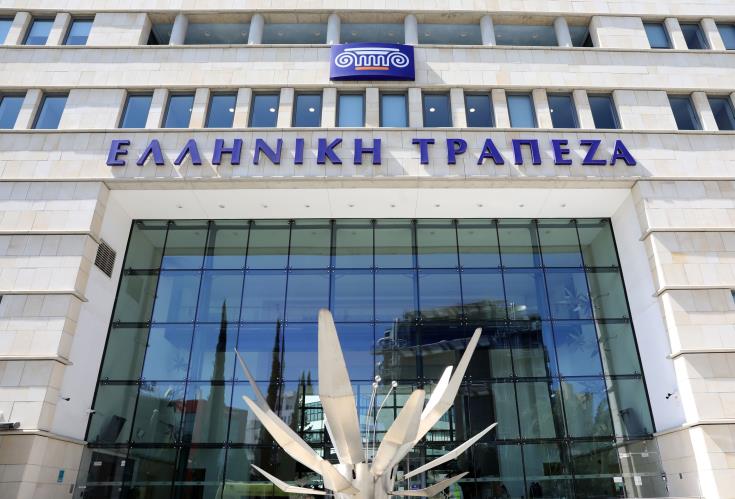Statutory corporate tax rates are stabilising worldwide after a lengthy period of falling rates, according to new OECD data released today. The 2024 edition of OECD Corporate Tax Statistics shows that average statutory corporate income tax (CIT) rates have remained steady at 21.1% over the past three years. This follows a two-decade period that saw average statutory CIT rates decline from 28% in 2000 to 21.1% in 2021.
Anticipation of the new Global Minimum Tax agreed by more than 140 members of the Inclusive Framework on Base Erosion and Profit Shifting, may have contributed to the recent stabilisation, according to the report. More than 35 jurisdictions are currently implementing, or plan to implement, the 15% minimum corporate effective tax rate with effect from 2024, reducing competitive pressures on statutory CIT rates.
Stabilisation of Tax Incentives
This year’s edition of Corporate Tax Statistics also points to a stabilisation of certain tax incentives designed to attract mobile intangible assets and their related income. The publication contains new data on the effective tax rates available to MNEs on their intangible income through tax incentives, such as intellectual property (IP) regimes. This data shows that average effective tax rates including these incentives have stayed relatively constant over the period from 2019 to 2023, compared to a decline of almost 13 percentage points from 2000 to 2019.
New country-by-country data on the variation of MNEs’ effective tax rates within jurisdictions highlights the presence of low-taxed profit in high-tax jurisdictions, which may reflect the use of tax incentives and other targeted concessions. These low-taxed profits point to the revenue-raising potential of the Global Minimum Tax, even in jurisdictions often considered to be high-tax.
Indicators based on the 2021 aggregated and anonymised Country-by-Country Report (CbCR) statistics also released in today’s publication suggest a reduction in Base Erosion and Profit Shifting (BEPS) activity over recent years. Notably, high-level indicators of potential BEPS activity have fallen in investment hubs relative to their values four years prior. These indicators include median revenues per employee (which has fallen by 13.1% relative to its 2017 value), median profits per employee (which has fallen by 16.1%), and median related party revenues as a share of total revenue (which has fallen by 11.5%). While these indicators could reflect reduced BEPS behaviour, the report noted that the 2021 CbCR data could also be affected by the COVID-19 crisis.
The OECD’s latest Corporate Tax Statistics report provides new data on more than 160 countries and jurisdictions worldwide, including statutory and effective tax rates, withholding taxes and tax treaties, corporate tax revenues and detailed information on MNEs’ international activities, as well as aggregated CbCR data shared between companies and tax authorities.
The publication and data are accessible at: OECD Corporate Tax Statistics Database.
A list of Frequently Asked Questions on CbCR is available at: OECD CbCR FAQs.
Media queries should be directed to Manal Corwin, Director of the OECD Centre for Tax Policy and Administration (CTPA), Pierce O’Reilly, Head of CTPA’s Business and International Taxes Unit or Lawrence Speer in the OECD Media Office (+33 1 45 24 97 00).
Working with over 100 countries, the OECD is a global policy forum that promotes policies to preserve individual liberty and improve the economic and social well-being of people around the world.






